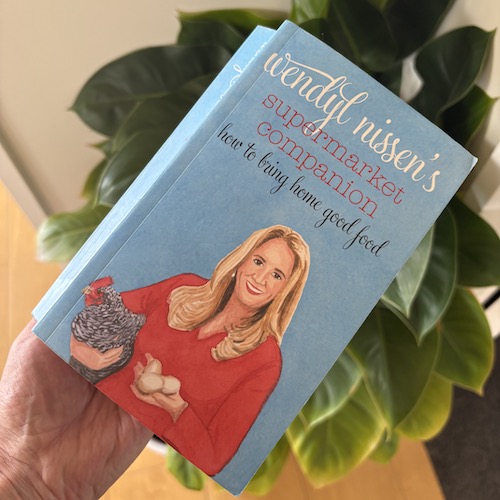Every Child Can Thrive by Five: Insights from Seven-Year-Old TED Speaker Molly Wright
In an unforgettable TED Talk, Molly Wright, a seven year old from Queensland, Australia, made a powerful statement on early childhood development: “What if I was to tell you that a game of peek-a-boo could change the world?” This question isn’t just a playful tease; it underscores the critical importance of early interactions in shaping young minds.
As one of the youngest TED speakers in history, Molly’s message is crystal clear — when we invest in the earliest stages of a child’s life, we lay the groundwork for lifelong learning, emotional well-being, and resilience.
Why Early Childhood Development Matters
The first five years of life are a period of explosive growth for a child’s brain. Research has shown that about 90% of a child’s brain development occurs before age five, with neurons rapidly forming the connections needed for thought, learning, and emotional regulation. Positive, interactive play—like peek-a-boo—helps foster these neural pathways, creating a foundation for later social, emotional, and cognitive skills.
Molly points out that even simple moments of interaction, such as responding to a child’s laughter or joining in their curiosity, can profoundly impact their development. This is why the early years are so crucial. By engaging young children in playful, attentive activities, parents and caregivers are not only bonding with them but are also nurturing their future ability to learn and thrive.
The Power of Play in Childhood Development
The magic of play goes beyond mere entertainment. According to Molly, play is an essential component of brain development, with benefits that extend far into adulthood. Through play, children develop cognitive skills – games like peek-a-boo stimulate curiosity, encourage exploration, and help children learn about cause and effect.
They also develop social skills where interactive play strengthens relationships, teaches turn-taking, and builds empathy as children begin to understand other people’s emotions.
Simple, repetitive games can help children manage frustration, build patience, and regulate their responses in different situations.
Joined on stage by one-year-old Ari and his dad, Amarjot, Molly demonstrates the beauty of these interactions in real time. As Ari and his father engage in playful exchanges, the audience witnesses the profound impact of consistent, loving attention and engagement on a young child’s development.








About The Author: Triona Backup
More posts by Triona Backup